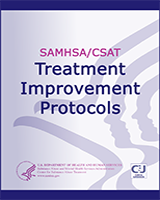| • Complete blood count with differential and
platelets |
| • Chemistry screen (K, Na, Cl, Ca, P,
CO2, creatinine, blood glucose, blood urea nitrogen,
total bilirubin, total serum protein albumin) |
| • Hepatic panel (liver function tests) |
| • Hepatitis B surface antigen (full panel if
positive) |
| • Hepatitis C antibody |
| • Rubella titer |
| • Serology (Venereal Disease Research Laboratory or
Rapid Plasma Reagin tests) |
| • Sickle prep (if appropriate) |
| • Blood type; Rh and indirect Coombs Varicella (if
unsure of history) |
| • HIV (with counseling) |
| • Urine tests |
| Urinalysis—routine and microscopic |
| Urine culture and sensitivity |
| Urine drug screen |
| • Tuberculin skin test (Mantoux) |
| • Alpha-fetoprotein between 15 and 21 weeks'
gestation (optimal, 16 to 18 weeks) |
| • 1-hour, 50 mg glucose challenge test at 24 to 28
weeks' gestation (at initial visit if risk factors) |
| • Repeat complete blood count and serology at 24 to
28 weeks' gestation |
| • Group B Strep vaginal-rectal culture at 35 to 37
weeks' gestation |
